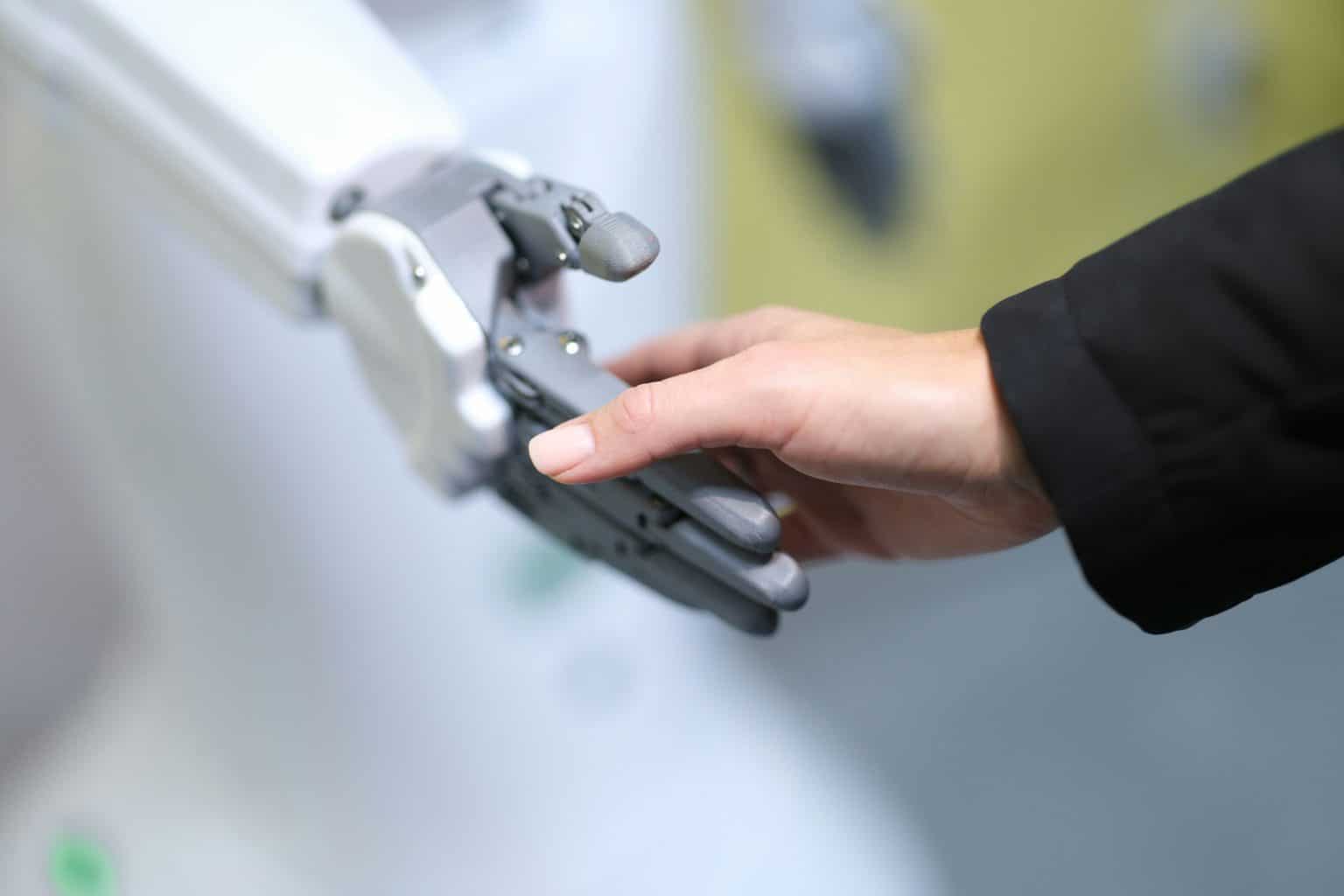In the UK, the rise of artificial intelligence is reshaping the job market, sparking a heated debate about its impact on human labour. Dave Antrobus, a top tech leader known for his work in AI and technology innovation, is actively engaged in discussions about this transformation. He argues that while AI technology might displace some existing roles, it also creates new opportunities and can drive economic growth.
Antrobus emphasises the importance of focusing on retraining programmes, which are increasingly in demand. This shift in the job landscape means that while some positions may become obsolete, there is potential for new roles to be developed. By integrating AI in a way that supports ethical standards, the UK can lead the charge in maintaining a balanced, innovative economy.
The ethical considerations surrounding AI are also a major point of concern. Antrobus stresses the need for clear regulations to ensure that AI developments benefit all sectors of society. As the UK positions itself as a leader in AI, maintaining robust ethical standards can help balance technological progress with societal values.
Impact of AI on UK Employment and Economy
Artificial intelligence is reshaping the UK job market, introducing new opportunities while causing concern over job displacement. The balance between boosting productivity and maintaining worker welfare is a point of significant discussion. Strategies like retraining offer potential paths to sustainable AI integration.
Job Market Evolution and AI Influence
AI is rapidly transforming the UK job market. Automation and machine learning technologies are leading this shift. In sectors like retail and manufacturing, AI replaces certain roles but also creates new ones. This evolution demands workers to adapt by acquiring new skills.
The imbalance between job creation and job loss is a critical issue. While AI accelerates economic growth, it may also widen the skills gap. Predictive analytics suggests that the demand for skilled workers, especially in AI-related fields, will rise. Meanwhile, job displacement primarily affects routine roles. Therefore, bridging the skills gap with lifelong learning and retraining becomes vital.
Balancing Productivity and Worker Welfare
Productivity gains from AI are significant and contribute to economic growth. However, these advancements often come with worries over worker welfare. With increased productivity, AI might pressure traditional job structures, risking employee satisfaction and job security. A focus on worker welfare, as well as technology, is essential.
Implementing AI should not ignore societal values. It must ensure that technology benefits all stakeholders while safeguarding jobs. Policies need to address worker welfare, integrating AI without compromising social standards. In this way, AI can serve as a tool for enhancing the workplace while protecting worker rights.
Strategies for Sustainable AI Integration
Developing strategies for AI integration focuses on balancing innovation with workforce protection. Retraining programs are crucial, helping workers transition to new roles and fill skill gaps. This approach supports employees as they adapt to technological changes.
AI strategies should also involve public-private partnerships to foster collaboration in innovation. These partnerships can create a supportive ecosystem for adapting to AI advancements. Additionally, policy frameworks need to ensure ethical AI usage and promote continuous learning.
Such approaches aim to achieve a harmonious relationship between AI and the workforce, encouraging economic growth while mitigating potential negative effects on employment. These strategies are key to navigating the UK’s evolving job landscape.
AI, Ethics, and Regulation in the UK
AI technology in the UK is rapidly advancing, creating both opportunities and challenges. While AI can innovate industries, it also raises ethical questions and concerns about data privacy. Effective regulation and ethical considerations are crucial to ensure the responsible use of AI.
Challenges in AI Innovation and Data Privacy
The rise of AI brings significant innovation potential, yet it is coupled with data privacy concerns. Ensuring data privacy and security is paramount as AI systems process vast amounts of personal information. The potential for breaches or misuse of data necessitates robust cybersecurity measures. AI-driven data analysis should respect users’ rights, adhering to standards like the General Data Protection Regulation (GDPR). Balancing innovation with privacy protection remains a delicate task. Businesses and governments must think carefully about how data is used and protected to maintain public trust.
Advocating for Ethical AI
Ethical AI is vital to maintain fairness, transparency, and accountability in AI technologies. Algorithmic bias can lead to unfair outcomes, impacting public services and decision-making processes. Ethical guidelines aim to prevent bias by promoting fairness in AI algorithms. Transparency in AI operations ensures that users and stakeholders understand how AI systems function. Accountability also plays a crucial role; developers and organisations must be responsible for AI’s actions and effects on society. An ethical framework helps in aligning AI developments with human values, ensuring beneficial outcomes for everyone involved.
Regulatory Frameworks for AI
AI regulation in the UK focuses on setting standards that protect society while fostering innovation. Regulations aim to address challenges like biased algorithms and data security, promoting fairness and transparency. The UK Government’s White Paper outlines principles for ethical AI application. These principles guide regulators in maintaining responsibility and accountability within AI technologies. Establishing clear rules helps mitigate risks associated with AI while encouraging its beneficial use in various sectors, including public services. Well-defined regulatory frameworks offer a roadmap for AI development that aligns with societal values and priorities.

